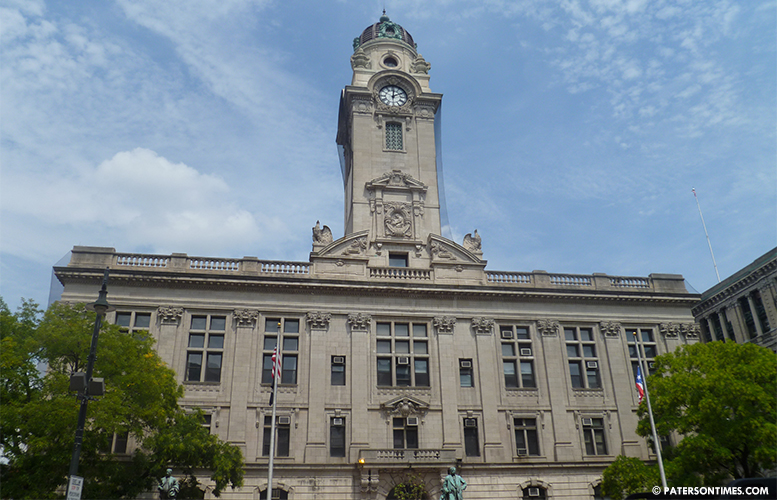As council members seek to change multi-dwelling inspection regulations by slashing the $180 fee by half to $105 the city could lose significant amount of revenue warned city officials.
Business administrator Nellie Pou said the city could lose $300,000 to $400,000 in annual revenue it collects from the fee. There will be a significant reduction in revenue, she said.
The council has been repeatedly lobbied by residents to reduce the excessive burden multi-dwelling property owners have been under shelling out $180 every year for fire inspection.
Rafael Fontana, a resident, who owns a three-family property, has said the state inspects every five year. He said it makes little sense for the city to charge $180 every year, when the state charges $300 every three years.
“It’s not about losing revenue, it’s about doing what’s right,” said Fontana on Wednesday morning. “You cannot try to generate revenue by attacking the taxpayers.”
Fontana has said the city, although it collects the fee, does not conduct annual inspections. “Several property owners stated they were paying yearly, but only getting an inspection every two to three years,” said Julio Tavarez, 5th Ward councilman.
Fire chief Michael Postorino has said the fire department completes the inspections every year. “It’s very possible the owner doesn’t know, but the tenants are there when inspection comes,” added law director Domenick Stampone.
Currently, the city charges $180 per three-family property with an extra $10 for every additional units, according to city ordinance.
The proposed ordinance will halve this fee to $105 per three-unit property and an extra $10 for every additional unit.
Ruby Cotton, 4th Ward councilwoman, said property owners need relief.
“Remember these are commercial properties,” said Tavarez. He said these are not one or two family homes, but profit making properties.
The inspection requirement applies to buildings that are three family or more which includes large apartment complexes.
“Don’t punish the taxpayer because you need to create revenue,” said Fontana.



